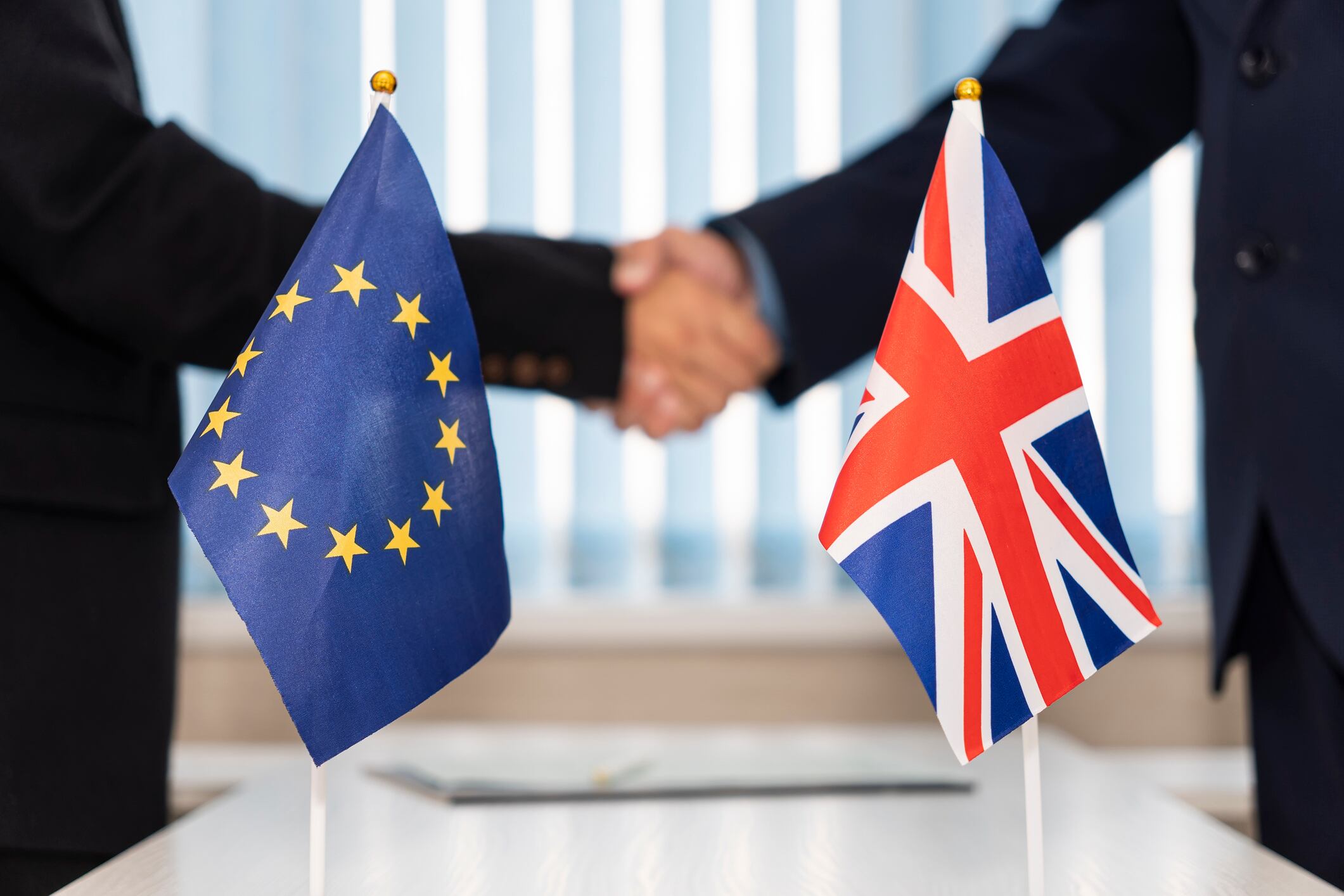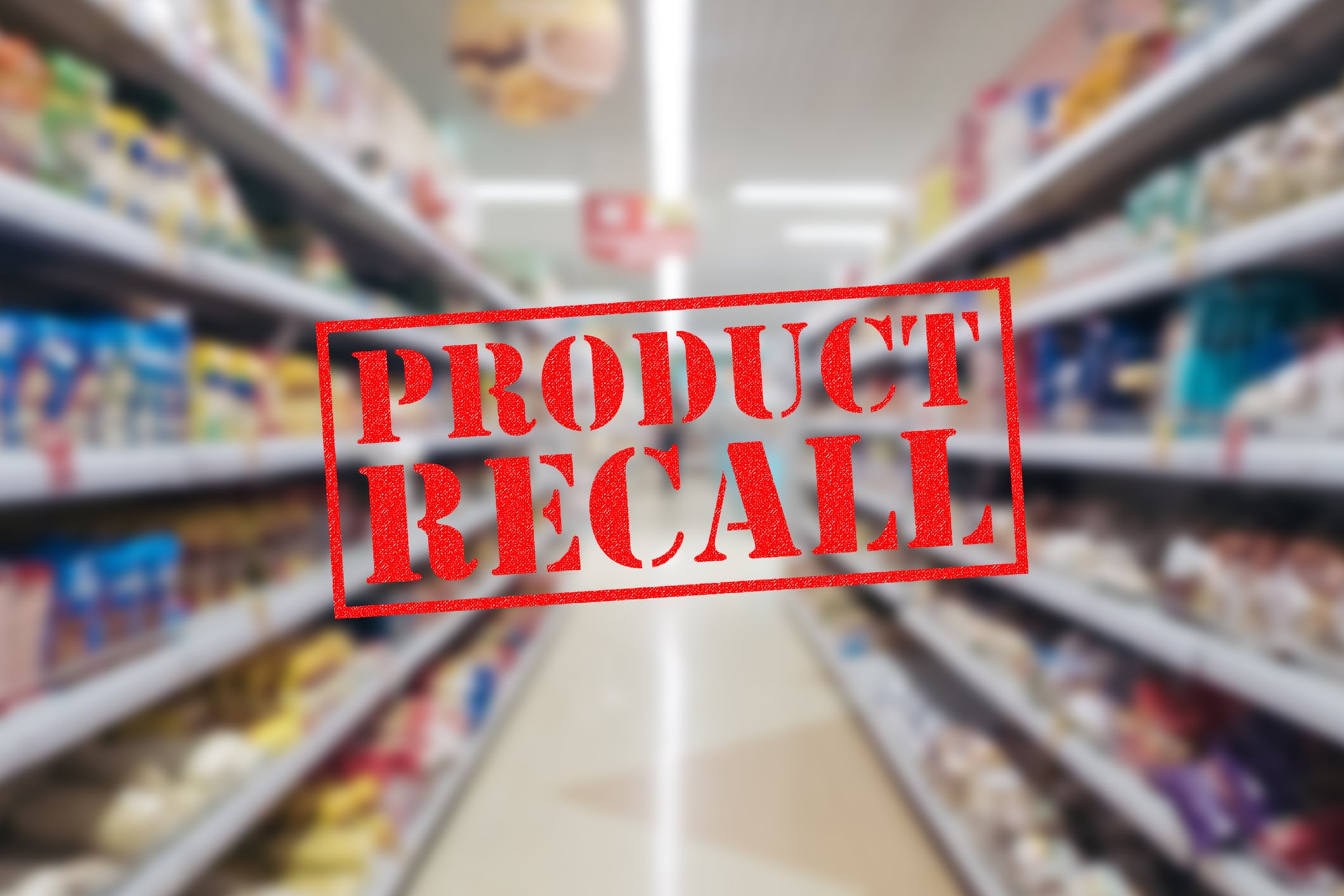In April 2025 the ASA found that ads by Lavazza and Dualit, which described their coffee pods as “compostable eco capsules”, were misleading.
The two ASA rulings found that the paid-for search ads by Lavazza and Dualit promoting their “compostable” capsules gave consumers the misleading impression that their coffee products, could be composted in a home composter, while in fact they are only certified for industrial composting under the European Standard EN13432.
Legal implications for Lavazza and Dualit
Both Lavazza and Dualit were found to have breached the CAP Code rules on misleading advertising and environmental claims. The ASA banned both companies from using these ads in the form investigated, and instructed them to amend their ads to accurately reflect the correct route for disposal and composting.
This follows a similar ruling by the ASA in January 2022 against a UK-based mineral water brand, which was found to have overstated the environmental benefit of its brand and products by advertising that its products made of plastic were “eco-friendly” or “nature friendly”. This has recently prompted this brand to change its ads and apply ASA’s recommendations.
The ASA’s role in regulating environmental product claims
As one of the regulators that oversees environmental claims on or about products in the UK, the ASA’s overall approach to this issue is highly relevant to product manufacturers and suppliers alike.
As a general principle, the ASA states that its preferred approach is to work with advertisers to ‘get your marketing right’, and the legal backstop is only its ‘last resort’. As an independent, self-regulatory body, while the ASA does not have direct enforcement powers or the ability to impose fines on companies, it can escalate non-compliant advertisers to other regulatory bodies, such as the Trading Standards or, as a more recent development, to the Competition Markets Authority, who have broader enforcement powers from issuing fines to taking legal action against businesses that engage in misleading or deceptive advertising practices.
In addition, notwithstanding the lack of substantive enforcement powers of the ASA, the influence of the ASA’s rulings is significant. Namely, there is a significant potential impact on the company’s reputation in respect of the publicised rulings and even more so if that company disregards the ASA’s rulings.
The ASA also continues to have significant influence in the broader European context. Following Brexit, ASA remains a member of the European Advertising Standards Alliance (EASA) network. Some major search engines and digital platforms have also joined the EASA network as corporate members, imposing the requirement to comply with ASA’s CAP Code in their advertising T&Cs. This collaboration allows ASA to:
- place its own paid-search ads to highlight the non-compliance of ads/companies;
- request search engines and social media companies to remove non-compliant ads; and
- use search engine optimisation to ensure the details of any issues with the ads appear in search engine results when consumers look up the relevant products.
Continuing to use any ads condemned by the ASA may trigger further actions by similar self-regulatory organisations or consumer associations in other countries (e.g. cease and desist letters), and may also expose companies to potential injunction or damages claims by competitors.
However, it is widely accepted that substantiating and quantifying the actual harm resulting from such advertising practice remains inherently difficult for competitors – and consumers. This is likely the reason behind, the lack of significant volume of damages claims in the context of greenwashing which might otherwise exist given the societal focus and the regulatory regimes and litigation risks that exist.
What do companies now need to do?
In light of these ASA rulings, companies should continue to exercise caution when advertising products with any environmental credentials. These types of claims, given the regulatory and litigation framework applicable, have historically been high risk. These recent rulings confirm yet a further aspect which companies should consider when making these types of claims.
In short, companies using environmental credentials to market products, in the future or currently should consider the following:
What is the basis for promoting any environmental features of my products?
All claims must be fully substantiated with sufficient evidence, considering this issue from across the full product lifecycle. A certain rigour must be adopted in performing any substantiation exercise, referring to relevant standards across a wide range of sector guidance documents. Some steps that can be taken in this regard are:
- Leverage your products’ competitive advantage with proper substantiation – if your products genuinely meet any recognised green standards, this can provide a significant competitive advantage in today’s society and it is worthwhile to highlight such features in your ads. However, it is important to consider the entire life cycle of the advertised products when making environmental claims. Any promotion of environmental features should be properly substantiated – for example, you should carefully consider the certification or standard that the products currently comply with.
- Read across industry guidance documents to find the most applicable and relevant substantiation mechanism relevant to the type of credential or type of product being considered
How are consumers likely to interpret my ads?
Consumer perception of ads may differ significantly from their intended purpose. Further, different cultural or societal contexts may result in different readings.
- Ensuring clarity of information in your ads – Ads should clearly and accurately communicate the products’ environmental features. Where possible, you should consider including a direct reference to the detailed certifications. This helps to avoid ambiguity and often mitigates the risk that consumers are not misled.
- Testing your ads with sample consumer groups – Before launching a campaign, you should consider trialling your ads with a small reference group of consumers to identify and address potential misunderstandings.
Food and beverage sector in the spotlight of greenwashing claims
Greenwashing as a concept and term is currently in the spotlight across all industries, having attracted significant of attention from legislators, courts and the public alike. The food and beverage sector, in particular, is under increasing scrutiny. In 2024, this sector was second only to oil and gas in terms of the number of legal actions brought in respect of alleged ‘greenwashing’ (according to the data published by a leading ESG-focused risk intelligence platform).
There are 230 sustainability labels throughout the different sectors in the EU, with vastly different levels of transparency in the EU alone, creating confusion and inconsistency. To address this, the EU is moving forward with the so-called Green Claims Directive, which will require companies to substantiate environmental claims with accurate, non-misleading information based on recognised scientific evidence, such as supporting studies, standards, and certificates of conformity.
Implications for companies operating in the UK and EU
There is a divergence of regulatory approach in the UK and EU in respect of ‘greenwashing’ and green claims, with the EU proposing a new green Claims Directive, which aims to build upon existing EU consumer law to protect consumers from misleading marketing practices. In practice, this might mean aligning products with the strictest standards in the EU to simplify compliance, and monitoring closely for new stricter regulatory requirements.
The trend is clear: regulators are tightening the rules around environmental related product claims, and the public is increasingly vigilant. Companies must be prepared to justify their green claims with robust evidence and ensure that their advertising is transparent and accurate, and the message intended is that understood by the average consumer.




